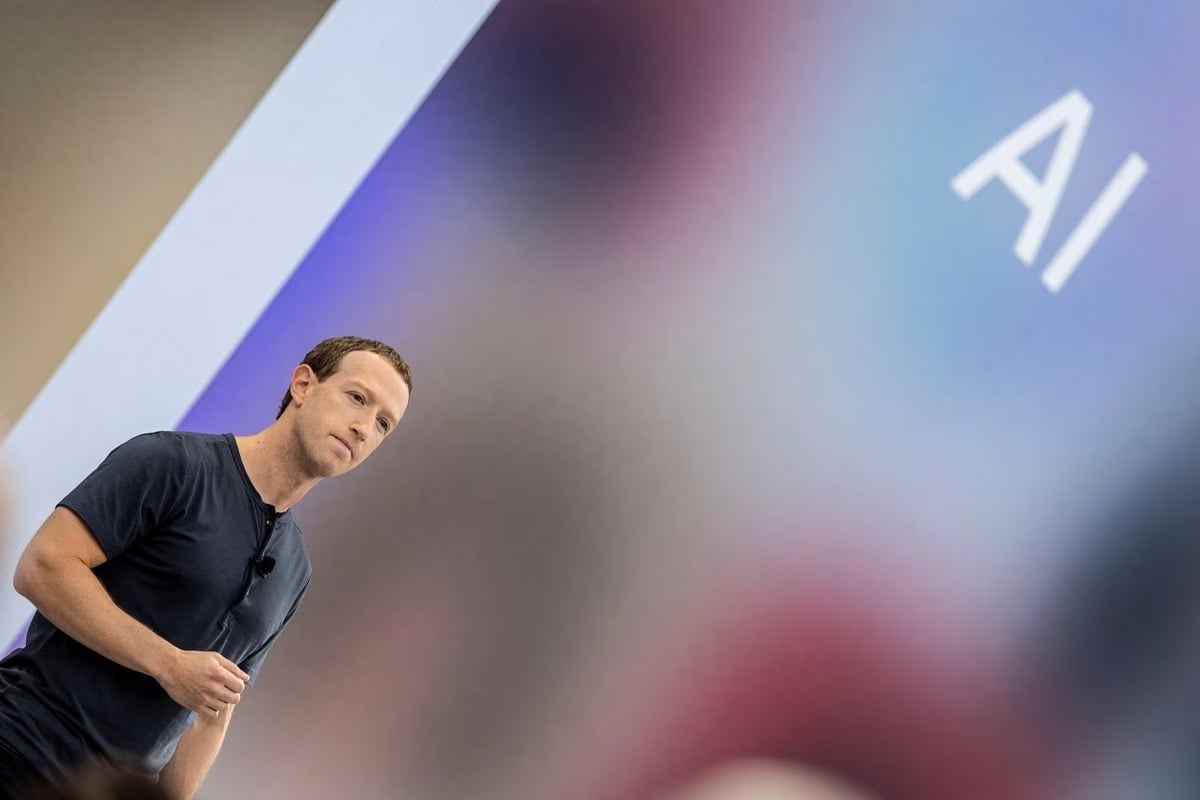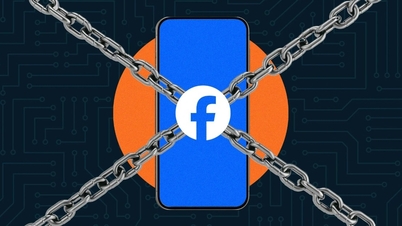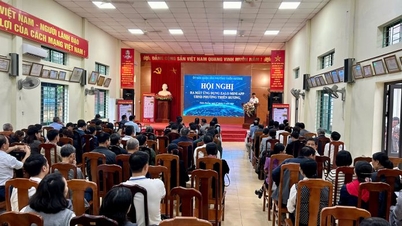Meta's AI won't access private posts shared only with family and friends, in an effort to respect consumer privacy, the company's top policy executive said.
Meta also doesn't use private conversations on its messaging services as training data for its models and takes steps to filter out private details from public datasets used for training, said Nick Clegg, Meta's president of global affairs, speaking on the sidelines of the company's annual Connect conference this week.

CEO Mark Zuckerberg. Photo: Reuters
“We tried to exclude datasets that had a lot of personal information,” Clegg said, adding that “the vast majority” of the data Meta used for training was public.
He cited LinkedIn as an example of a site whose content Meta deliberately chose not to use because of privacy concerns.
Clegg's comments come as tech companies including Meta, OpenAI and Google have been criticised for using information collected from the internet without permission to train their AI models.
Companies are considering how to handle private or copyrighted material, while also facing lawsuits from authors accusing them of copyright infringement.
Meta AI is the most important of the company's first consumer-facing AI tools, announced by CEO Mark Zuckerberg on Wednesday at Meta's annual product conference, called 'Connect.' This year's event is largely focused on artificial intelligence, unlike past conferences that have focused on virtual and augmented reality.
Meta created this assistant using a custom model based on the powerful Llama 2 large language model the company released for mass commercial use in July, as well as a new model called Emu that generates images in response to text prompts.
The product will be able to generate text, audio and images, and will have access to real-time information through a partnership with Microsoft's Bing search engine.
Clegg said the public Facebook and Instagram posts used to train Meta AI included both text and images.
Interactions with Meta AI could also be used to improve future features, the spokesperson said.
Clegg said Meta has imposed safety restrictions on the content the Meta AI tool can generate, such as a ban on creating realistic images of public figures.
Mai Anh (according to Reuters)
Source



![[Photo] Da Nang: Hundreds of people join hands to clean up a vital tourist route after storm No. 13](https://vphoto.vietnam.vn/thumb/1200x675/vietnam/resource/IMAGE/2025/11/07/1762491638903_image-3-1353-jpg.webp)











































































































Comment (0)